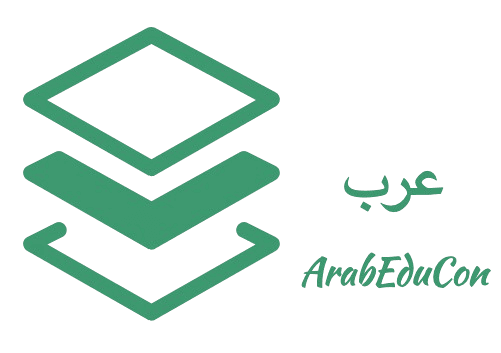Enhancing Arabic Language Development: Tips for Educators
NI
Understanding the Importance of Arabic Language Development
The Arabic language is one of the most widely spoken languages in the world, with over 300 million native speakers. It holds significant cultural and historical importance, being the liturgical language of Islam and a key component of Arab identity. For educators, enhancing Arabic language development among students is crucial in preserving this rich linguistic heritage and ensuring effective communication skills.
In various educational settings, fostering a strong foundation in Arabic can open up numerous opportunities for students, not only in their personal lives but also in their future careers. As educators, employing effective strategies to enhance Arabic language learning can profoundly impact students' engagement and proficiency levels.

Incorporating Interactive Learning Techniques
One effective approach to enhancing Arabic language development is through interactive learning techniques. These methods engage students actively and encourage participation, making the learning process dynamic and enjoyable. Techniques such as role-playing, group discussions, and language games can significantly boost students' speaking and listening skills.
Additionally, using technology to create interactive experiences, such as language learning apps or online platforms, can further enhance engagement. These tools often provide immediate feedback and a wide range of activities that cater to different learning styles, making them invaluable in modern classrooms.
Utilizing Multimedia Resources
Incorporating multimedia resources into the curriculum can greatly aid in developing students' language skills. Videos, music, and podcasts in Arabic offer authentic contexts for language use, helping students improve their comprehension and pronunciation.

Moreover, these resources expose students to diverse dialects and cultural nuances, enriching their understanding of the language. Encouraging students to create their own multimedia content, such as video presentations or audio recordings, can also foster creativity and reinforce their language skills.
Encouraging Reading and Writing Practice
Reading and writing are essential components of language development. Encouraging students to read a variety of texts, from classical literature to contemporary articles, can expand their vocabulary and deepen their comprehension skills. Providing access to a well-stocked library with age-appropriate Arabic literature can also motivate students to explore different genres.
Promoting Writing Activities
Writing activities should be an integral part of the curriculum, allowing students to express themselves creatively while practicing grammar and syntax. Assignments like journaling, essay writing, or creative storytelling can help students become more confident in their writing abilities.

Feedback is crucial in this process. Offering constructive feedback on writing assignments helps students identify areas for improvement and encourages them to refine their skills continually.
Creating a Supportive Learning Environment
A supportive learning environment is vital for successful language acquisition. Educators should strive to create a classroom atmosphere that encourages curiosity, questions, and experimentation with the language. Building a community where students feel safe to express themselves without fear of judgment fosters a positive learning experience.
Collaboration among peers should be encouraged through group projects and peer review sessions. This not only enhances social skills but also allows students to learn from each other’s strengths and perspectives.
Continuous Professional Development for Educators
Finally, educators themselves must engage in continuous professional development to stay updated on the latest teaching methodologies and resources available for Arabic language education. Attending workshops, conferences, and networking with fellow educators can provide fresh insights and innovative approaches to classroom instruction.
By implementing these tips and fostering a passion for the Arabic language, educators can play a pivotal role in enhancing language development among their students, ensuring they are well-equipped for future academic and professional success.
